As rents surge in Jersey City, mayoral candidates offer diverging plans on affordable housing
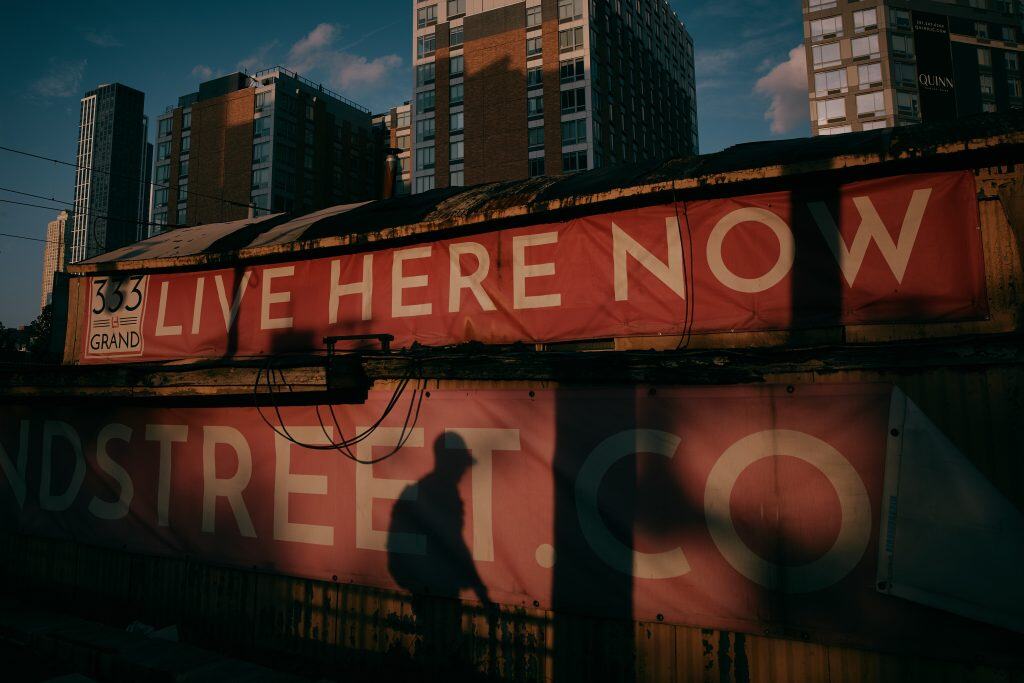
Milly Torres, a longtime activist in New Jersey, has spent 45 years advocating for residents against landlord scams, housing exploitation, and homelessness. Despite her personal struggles, including widowhood and an autoimmune disease called Guillain-Barré syndrome that can cause muscle weakness and paralysis, she stepped back into public life for the first time in three and a half years to attend the July 8 affordable housing town hall in Jersey City.
“I’ve seen people cry, I’ve seen people die because of [the] stress,” Torres said of finding affordable housing in her city. She described a scam where landlords sometimes show a three- or four-family house to up to 10 people in one day, charging each a $75 screening fee.
“Then they come and tell you, ‘Oh, well if you don’t have the two and a half months security, you can’t get the home,’” she said. “That’s a big major problem we have in the city.”
Torres was one of about 120 Jersey City community members who came out on a weeknight to attend a town hall-style meeting to discuss affordable housing, escalating rents, and housing insecurity. The event was hosted by Hudson County Commissioner Bill O’Dea, who is running for mayor of Jersey City where, according to Zillow Rental Manager, the average rent has surged to $2,549 per month — 21% higher than the national average of $2,100.

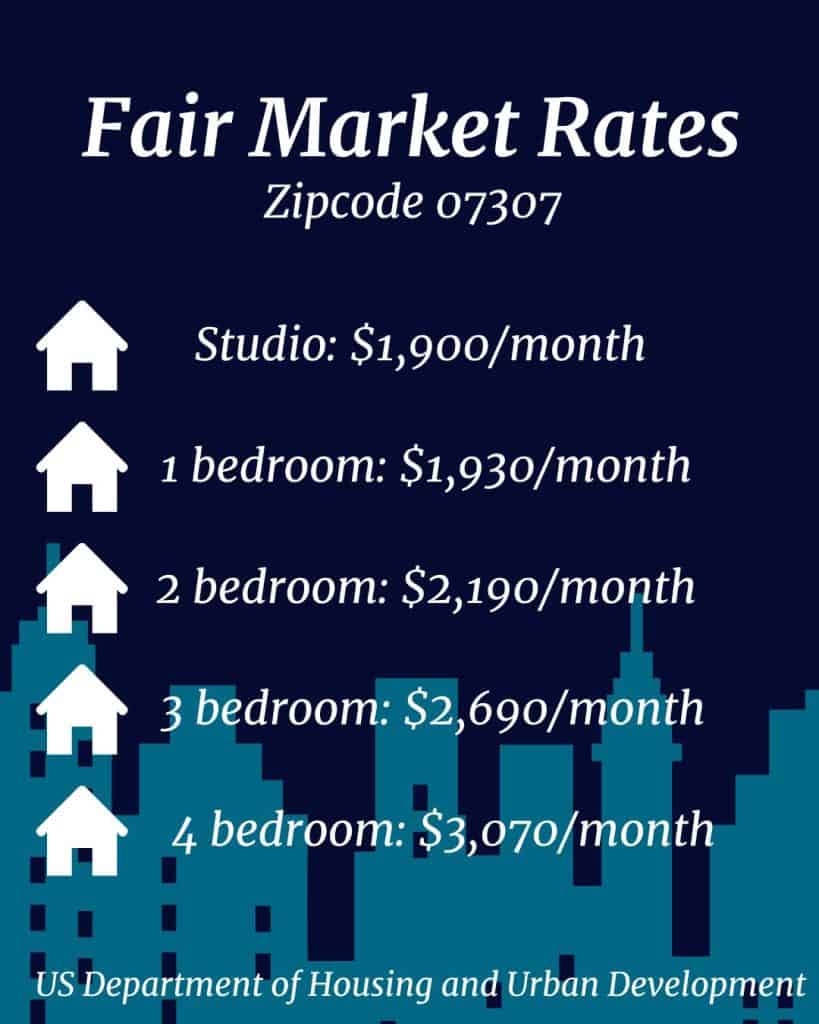

The numbers underscore the challenge: studio apartments average $2,400; one- and two-bedroom units, $2,500; three-bedrooms, $2,750; and four-bedrooms, $2,946. These rents far exceed the U.S. Department of Housing and Urban Development’s fair market rates in five Jersey City ZIP codes. In neighborhoods such as the Junction, Hill, Claremont, West Bergen, Greenville, Bergen-Lafayette, Journal Square, the Heights and McGinley Square, the fair rate starts at $1,800. In the West Side, Historic Downtown and Hackensack Riverfront, it begins at $1,900.
According to a 2024 report from the Regional Plan Association, 39% of households and 60% of low-income households in Jersey City struggle to find housing they can afford. Often, they are paying rent that is more than 30% of their income.
The sharp increases have disproportionately impacted the city’s Latino residents, who make up 25.7% of the population. At the meeting, they were represented by Maria Escobar, a Paulus Hook resident, who came with questions about rent hikes and deteriorating conditions in her building, including a lack of repairs. She was one of several residents who demanded action.
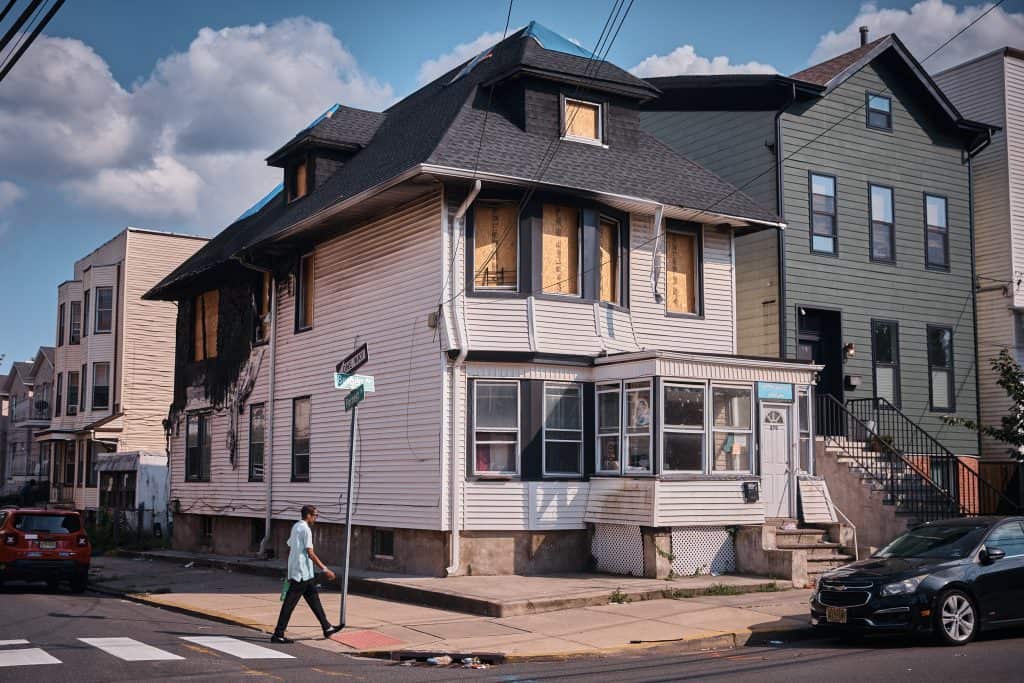
“I wanted to know what’s going on with Paulus Hook,” Escobar said, asking O’Dea if he had been there. “Everybody has a problem there,” she said. O’Dea said he was there a year ago.
“I’ll gladly go there again,” O’Dea said. “We’ll set up a date. We’ll go there next week… You’ll bring all the tenants in, and we’ll bring in an attorney.”
“Everybody, all the Spanish people, are moving now because the rent is like a horrible increase, terrible,” Escobar told The Jersey Vindicator. “Everybody’s moving right now. New people are coming.”
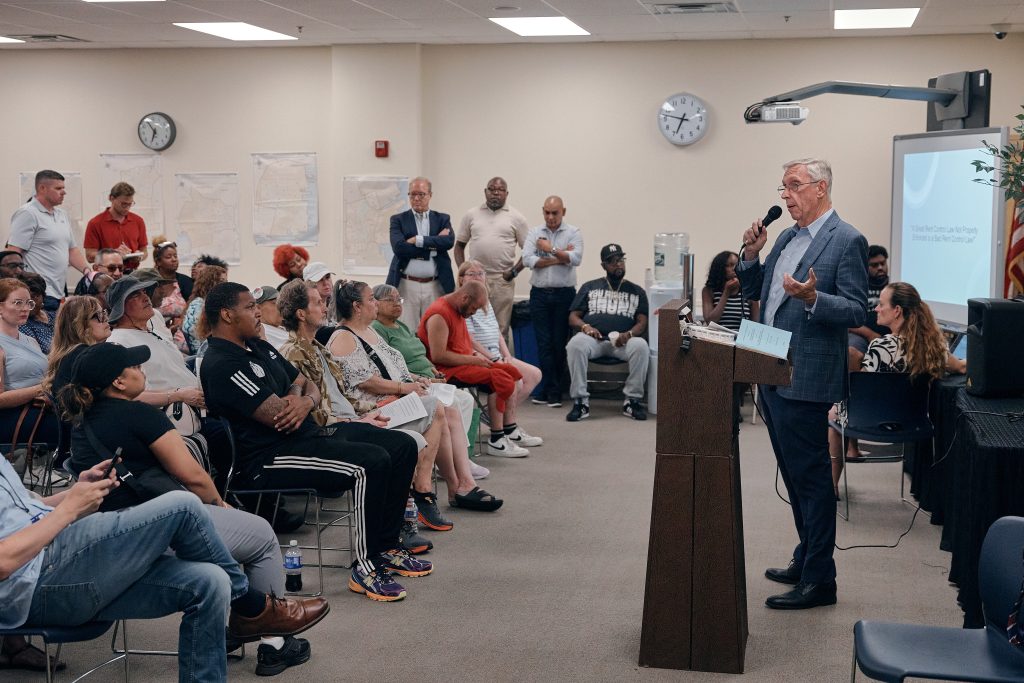
Escobar said she has lived there 18 years. The new landlord increased the rent in some cases to $3,000 and in some cases $5,000, forcing people to move because they couldn’t afford it. Meanwhile, the elevator in the building isn’t even working, and no one will fix it. “The only one that came here to this meeting is me, nobody else,” she said. “Everybody was scared.”
Also attending was Jocelyn Brit, who said she felt compelled to participate as both a member of the Hispanic community and a concerned voter ahead of the Jersey City mayoral election.
“As a part of a minority group, I’m Hispanic, we are actually not involved much when it comes to mayoral election time. I think that I wanted to see everyone’s perspective. I wanted to hear [O’Dea] the same way I have actually [heard] the other guy running for mayor here in Jersey City,” Brit said.
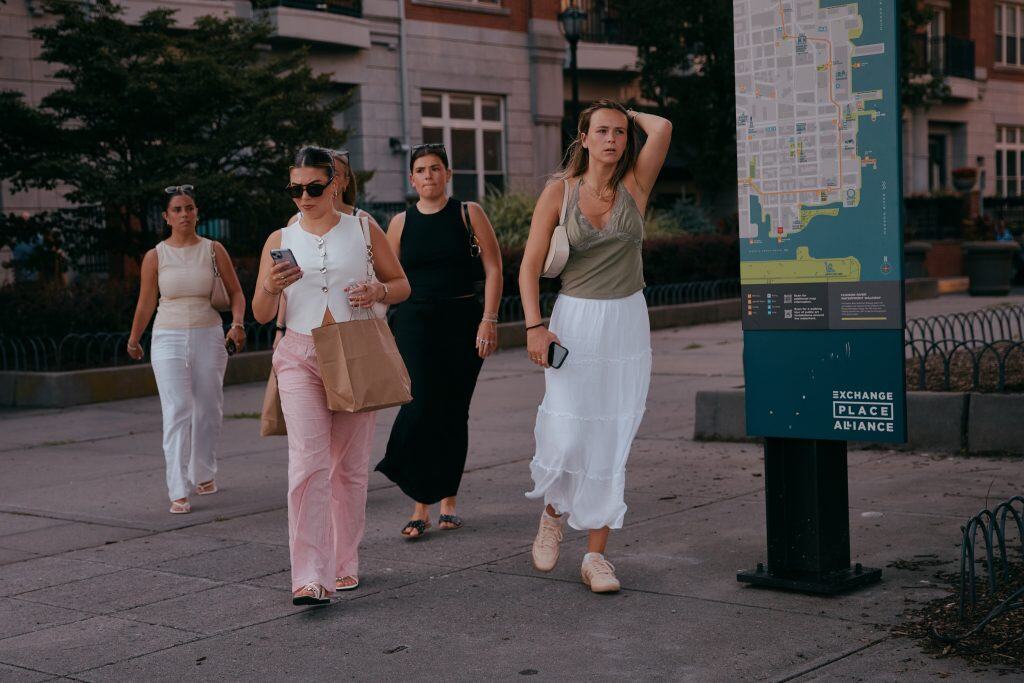

The race for Jersey City’s top job includes five declared candidates: Jim McGreevey, former governor of New Jersey; Mussab Ali, former president of the Jersey City Board of Education; James Solomon, Ward E councilman; Bill O’Dea, the sitting county commissioner for District 2; and Joyce Watterman, the current city council president.
Each has released a housing platform.
McGreevey’s five-step plan includes the construction of 1,000 affordable homes and 500 senior rentals, the annual renewal of affordable housing requirements, and collaboration with faith-based developers to build more housing projects.
Ali’s approach focuses on mixed-income developments, the preservation of public housing, direct rental assistance, and sustainable design.
Solomon proposes setting aside 20% of all new units for affordable housing, strengthening rent control enforcement, and promoting homeownership.
Watterman supports inclusionary zoning laws, partnerships with nonprofits to build mixed-income projects, enhanced rental aid, and a Housing Stability Task Force to monitor evictions and offer legal aid to tenants.
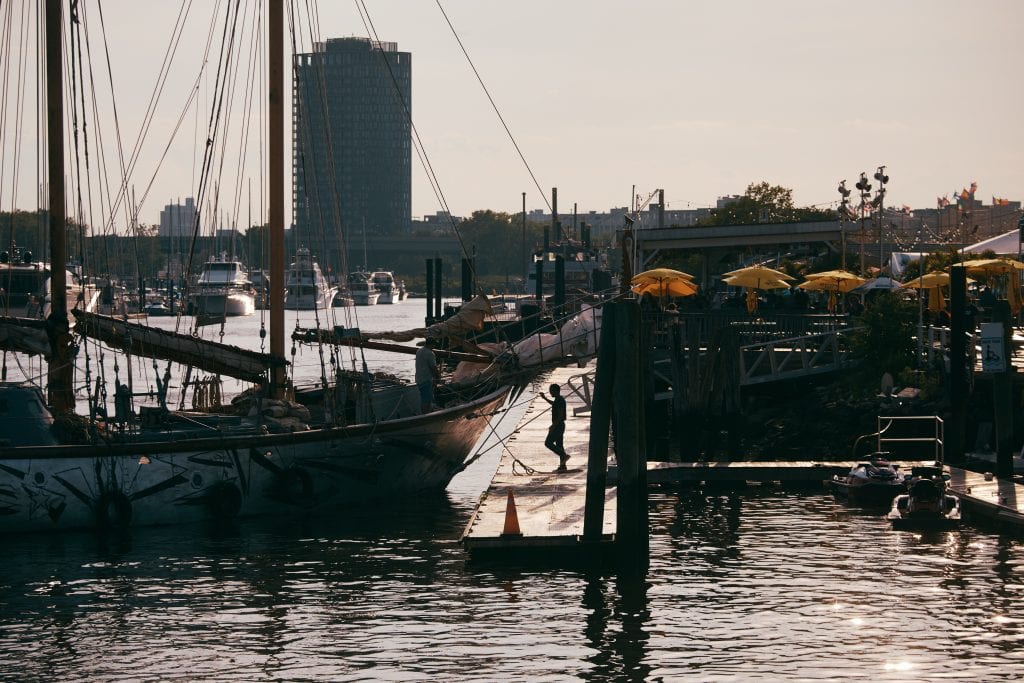

O’Dea, who unveiled his plan June 18, emphasizes preserving existing affordable housing, constructing fully affordable projects, and mandating 20% affordable unit set-asides in new developments.
Brit, whose husband is a construction worker and member of the 253 Carpenters’ Union, asked if O’Dea’s plans include using local labor. Local workers like her husband have often been displaced by outsiders in Jersey City developments. “It was kind of hard,” she said.
O’Dea said he believes in including locals from the start of the development process to the end. He said potential developers would be required to provide lists of who they would use to build projects.
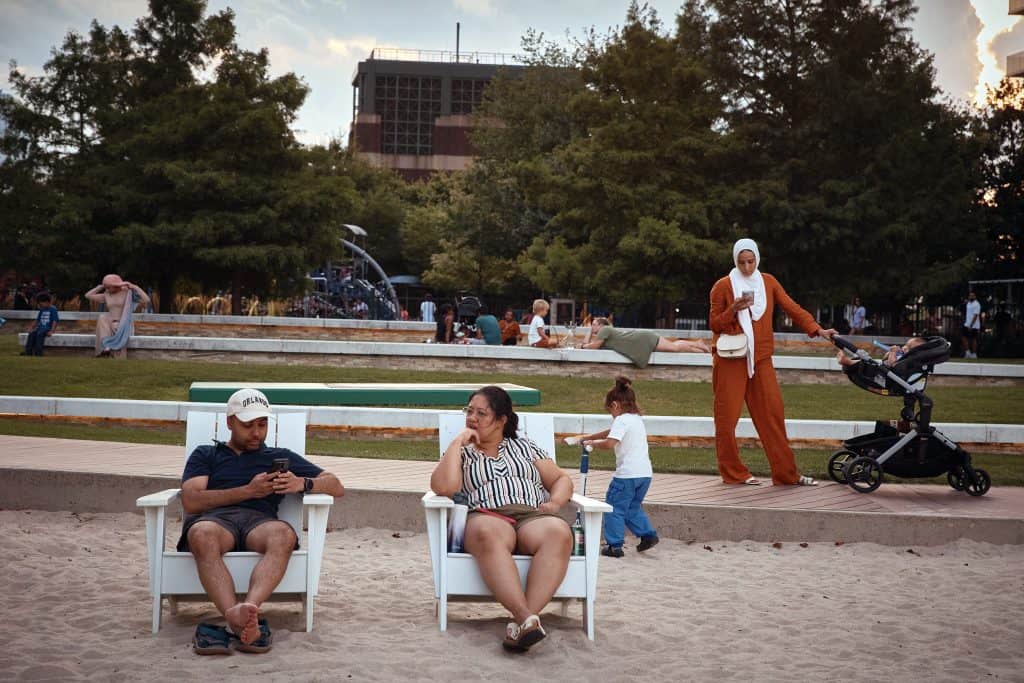
One man described the difficulty of securing housing after incarceration — a problem compounded by stigma and policy gaps.
“In my situation of going to prison, coming back home, my background is messing me up. It’s been 15 years, ain’t been in no run-ins, but then when you do a background check, [you’re] not letting me in,” he said. “That’s a problem I’m having right now.”
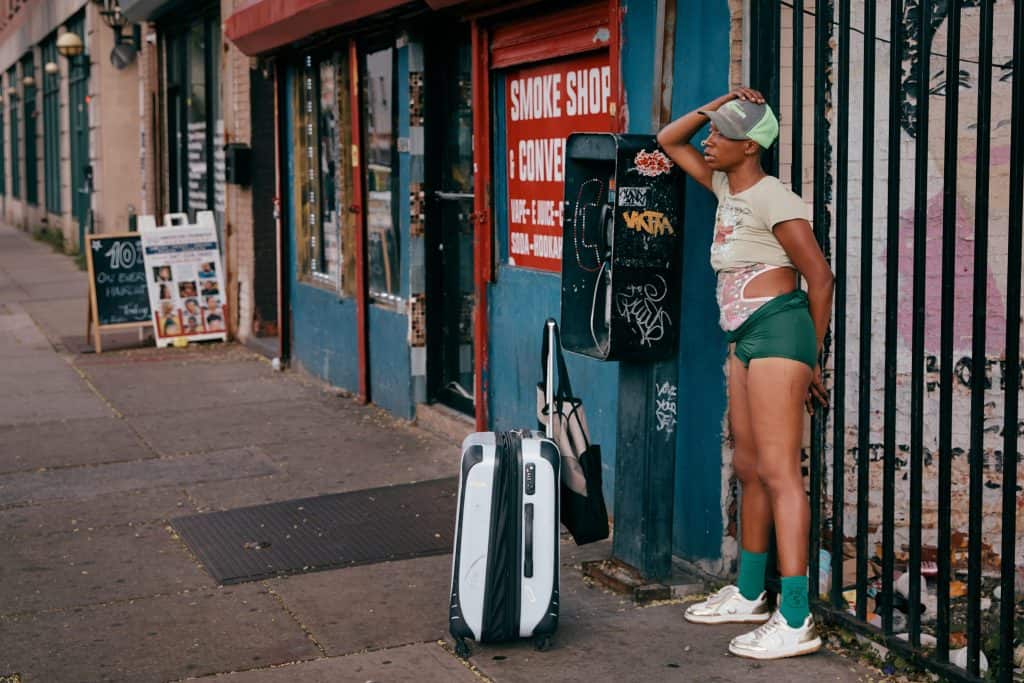
The U.S. Interagency Council on Homelessness reports that formerly incarcerated individuals are 13 times more likely to experience homelessness. At present, Jersey City has only one reentry housing project in development, located at 188 Belmont Avenue.
Despite these systemic hurdles and a lack of services, some Jersey City community members showed solidarity with each other at the meeting. A woman across the room said: “For the gentleman over there, I can help you with your expungement, and I also want to help you on the pathway program.”
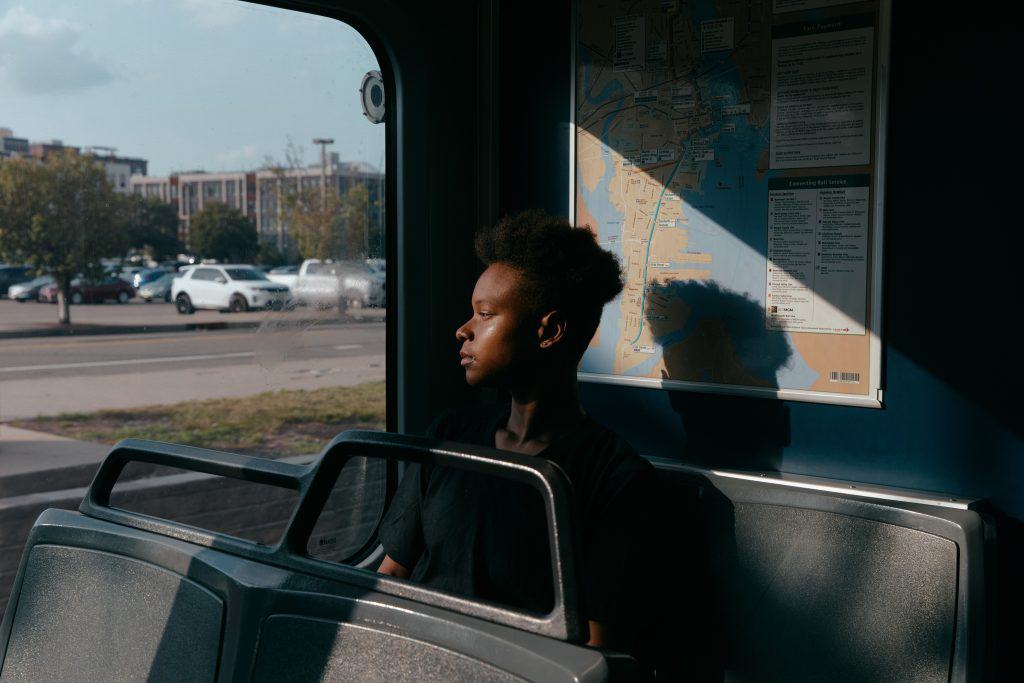
The housing crisis continues to grow. Monarch Housing Associates, a nonprofit that studies homelessness, says that in New Jersey, homelessness rose by 24% in 2024, and Hudson County has experienced a 27% increase.
Torres, drawing from her decades of community work, said she believes that the privatization of housing and little to no regulation on things like security deposits and fees contribute to this. She said she knows more than five hard-working people who are living out of their cars because they can’t afford to come up with two and a half months of rent and $2,000, plus the application fee. “Somebody’s got to regulate it, because what’s going to happen, those of us that were born and raised here, we’re gonna have to leave,” she said.
In response to reporting on the forum, The Jersey City Apartment Owners Association issued a statement Thursday saying there is not enough available housing in Jersey City to meet the ever-increasing demand. “The members of the Jersey City Apartment Owners Association are eager to meet the challenge by aggressively building all types of housing in Jersey City,” Executive Director Wend Paul said. “We believe this is the only way to logically combat the lack of adequate housing supply and the larger affordability crisis in our city and region.”
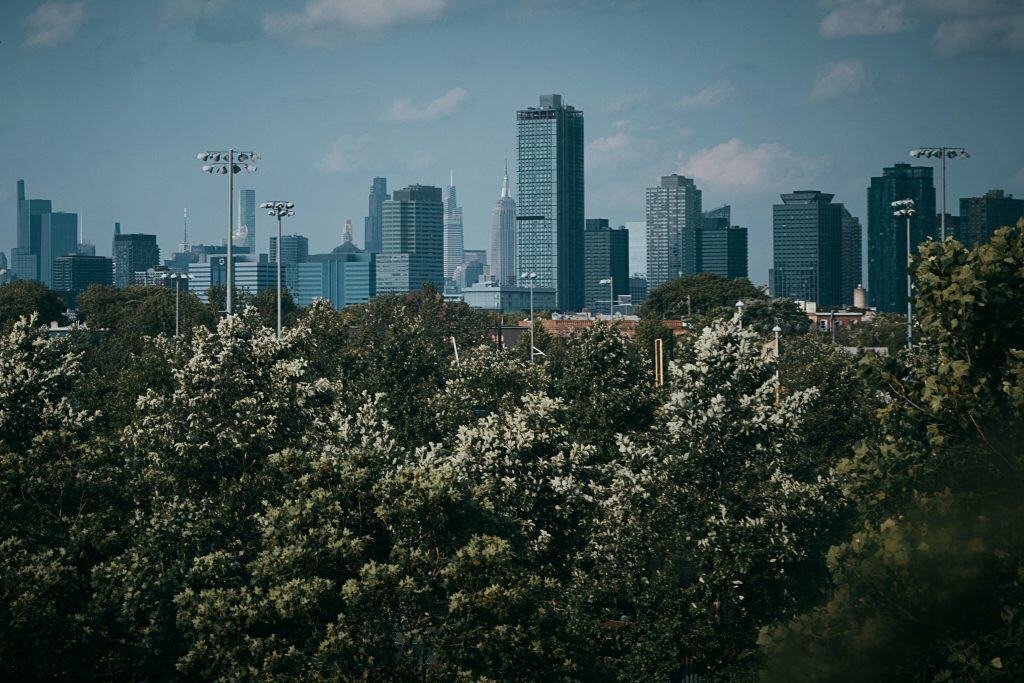
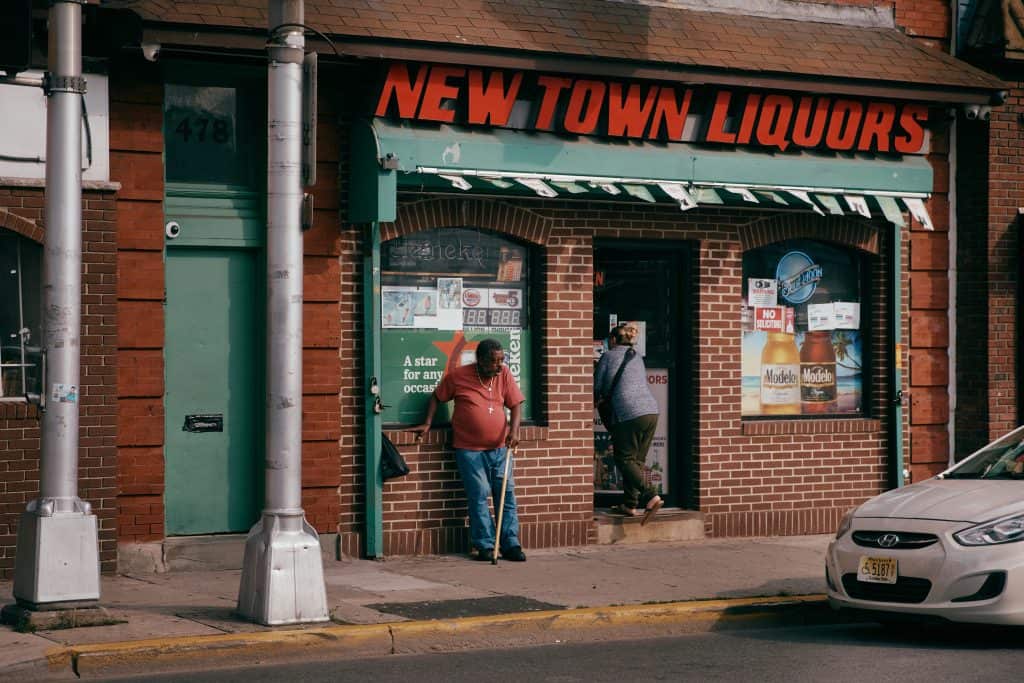
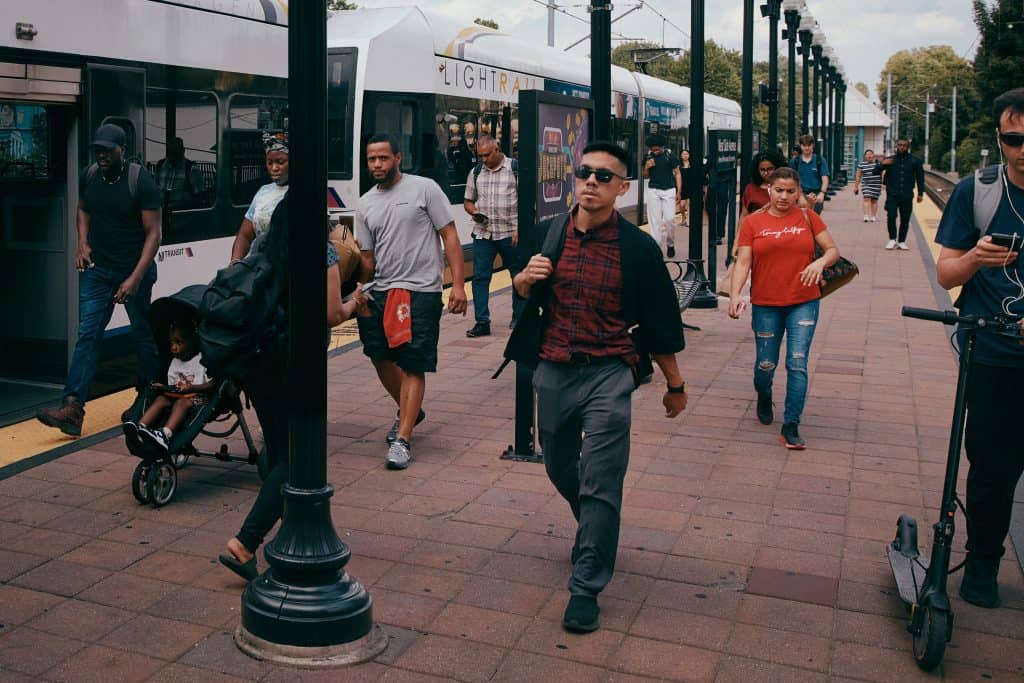
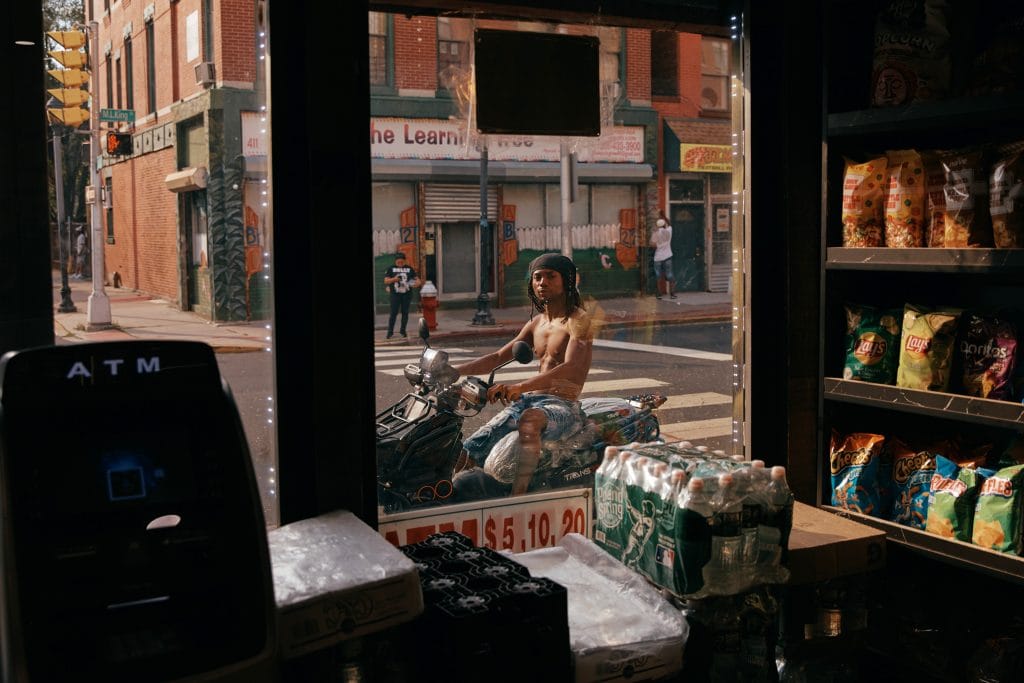
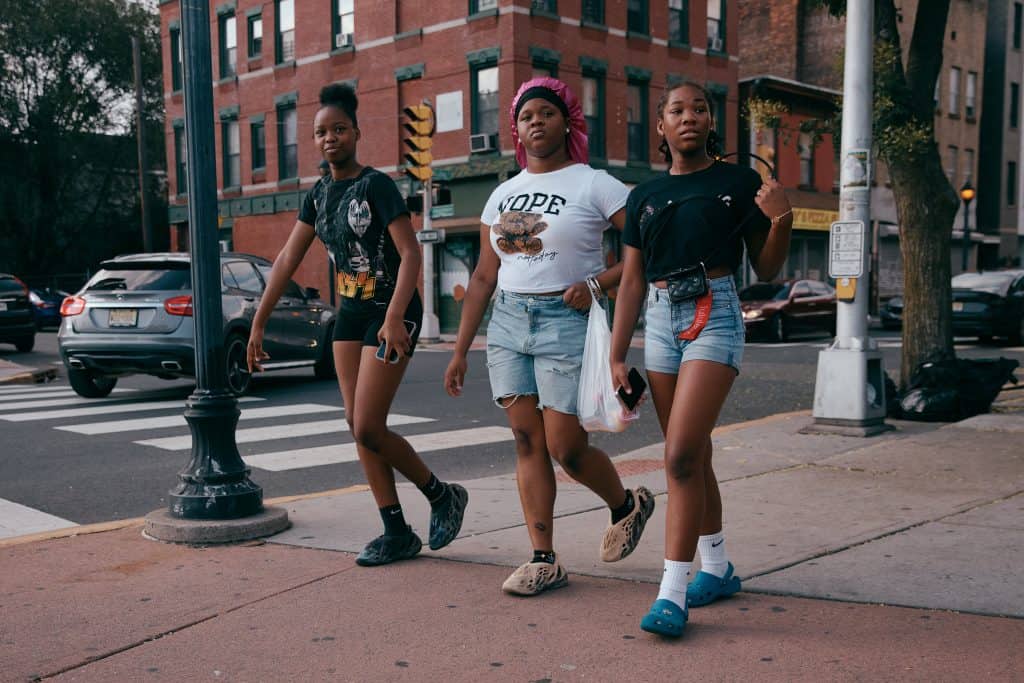
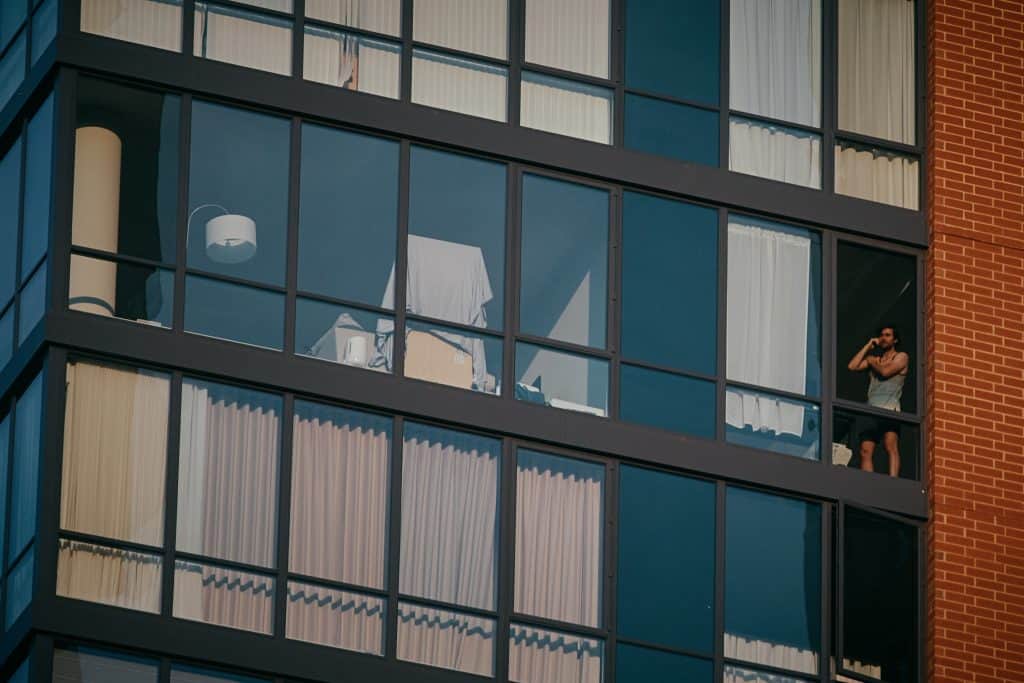
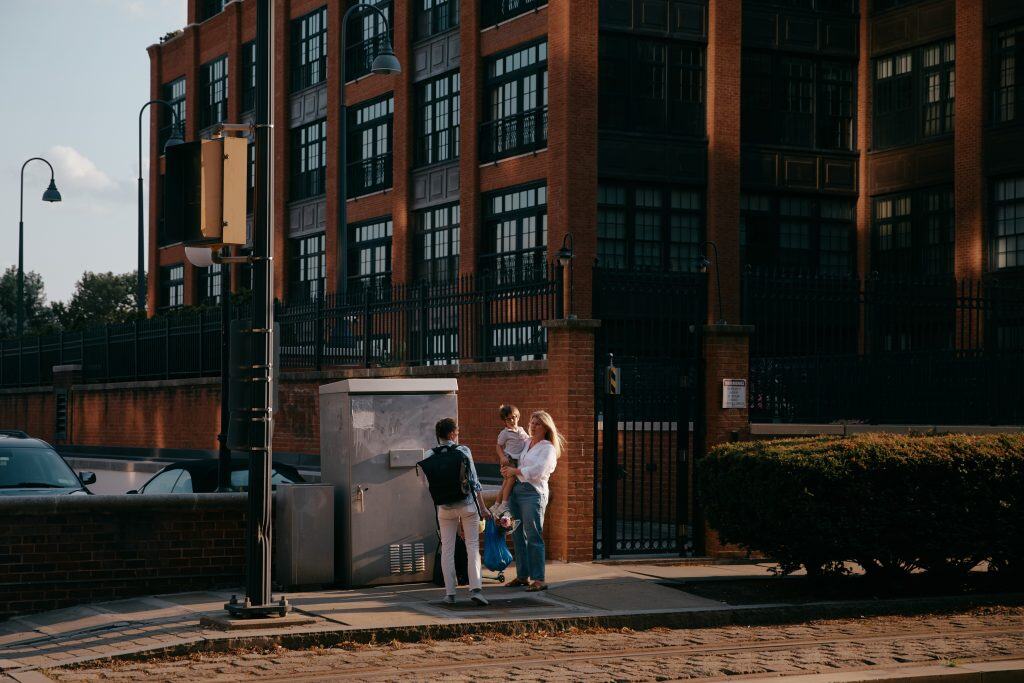
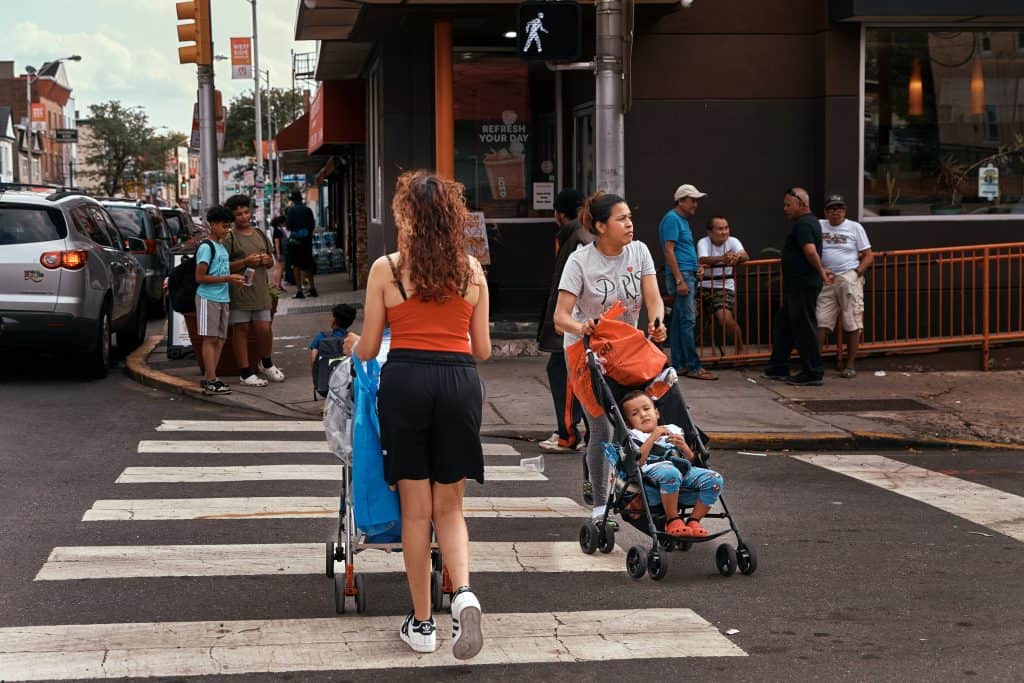
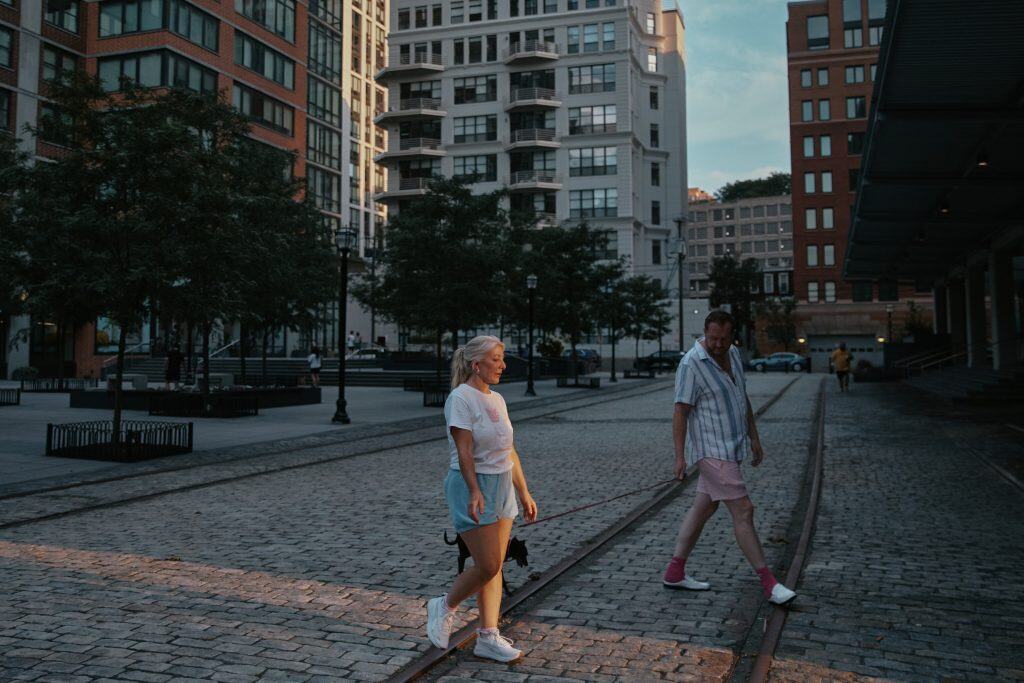
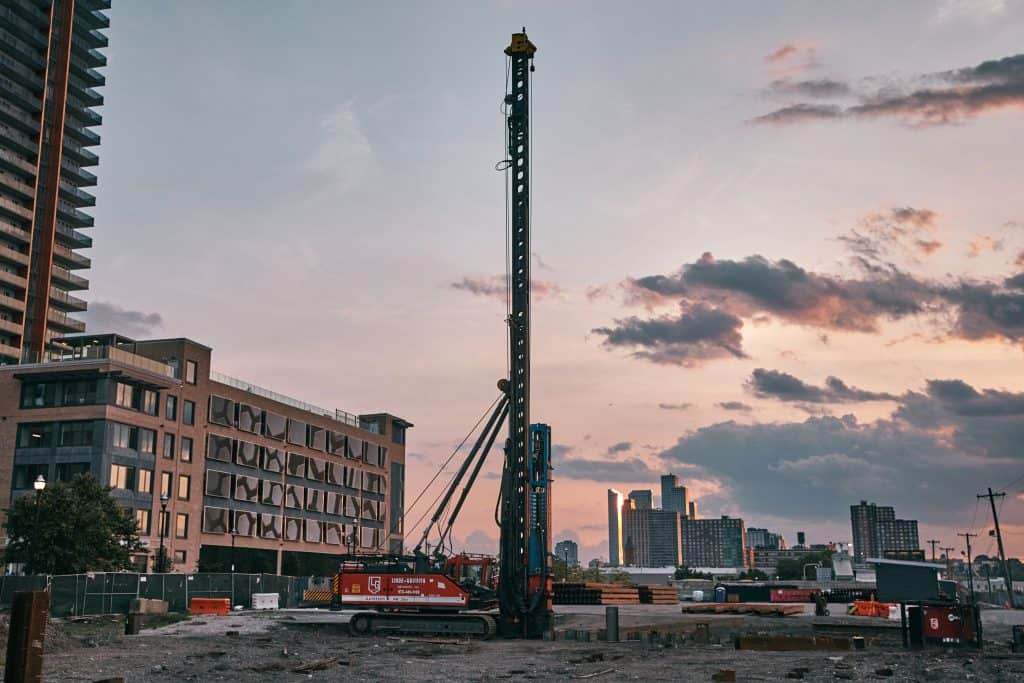
Chelsea Pujols is a journalist based in West New York, New Jersey. Besides wondering whether she is the evil twin or not, she has written for Business Insider, U.K.-based Darling Magazine, Slice of Culture, Her Campus Montclair, The Montclarion, and HudPost. Her training and experience in multimedia journalism have also opened doors for her to work on film sets as a production documentarian.

